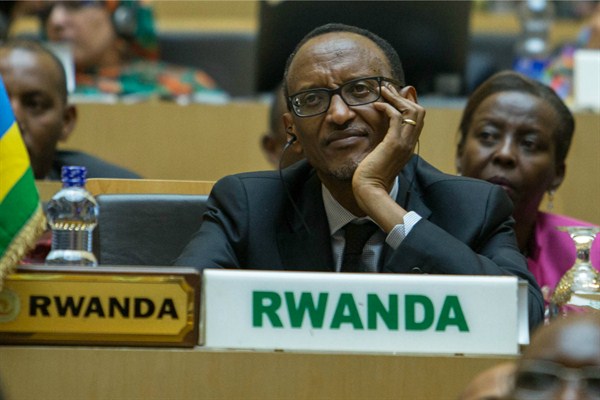The race to lead the African Union is entering a critical stage, as candidates to succeed outgoing AU Commission Chair Nkosazana Dlamini-Zuma make their final pitches and struggle to overcome regional divisions that stalled the election process five months ago. On Dec. 9, the five contenders made their most public appeals yet, in a first-ever televised debate broadcast from the AU’s headquarters in Addis Ababa, Ethiopia, that marked an overt effort to popularize the organization across the continent.
Traditional divides along regional and linguistic lines forced a six-month delay of the election in July, when heads of state failed to select a leader from among three candidates. The next summit in Ethiopia in late January will offer the leaders a chance to overcome the entrenched divisions as they search for the new chair for the next four years. If successful, the new AU Commission chair could help to transform the 54-nation bloc into a more relevant organization that builds consensus and leverages international support.
The candidates—hailing from Botswana, Senegal, Chad, Equatorial Guinea and Kenya—have each tried to market themselves as pan-Africanists eager to reach beyond their small corner of the continent.

